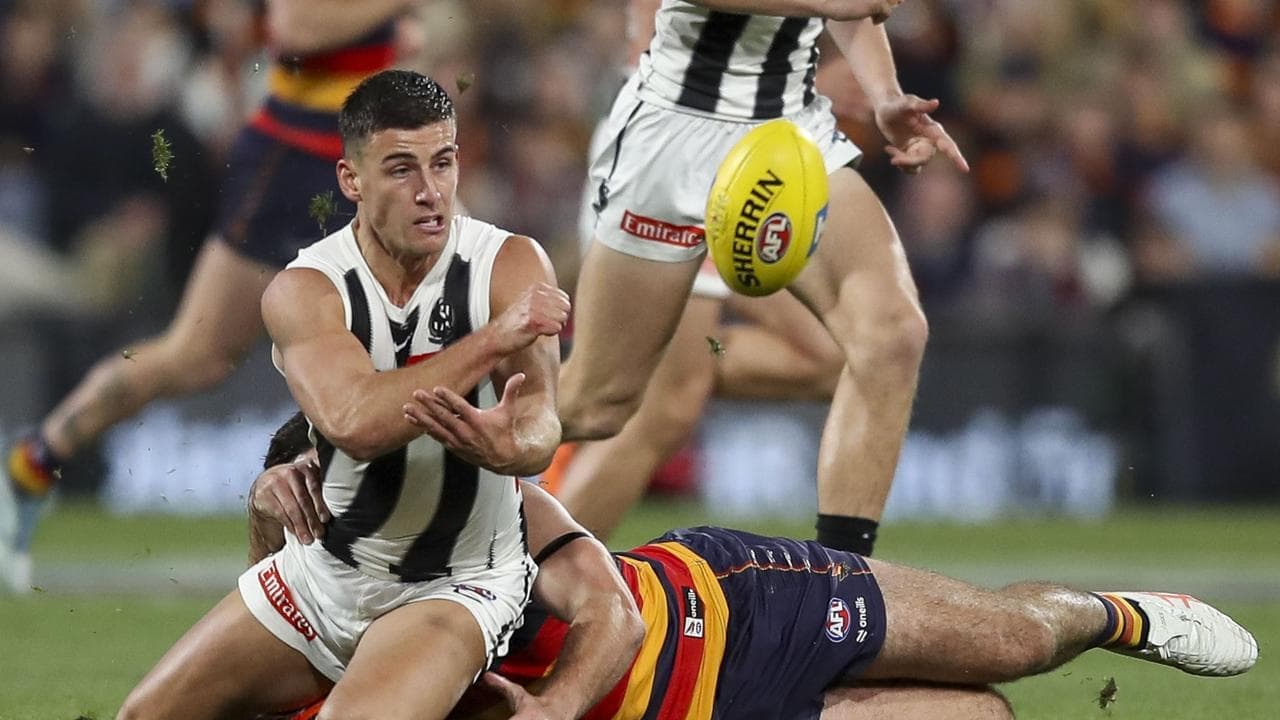WHAT WAS CLAIMED
Newspaper photos of the moon landing published on the same day could not have been transported and developed so quickly - proving the 1969 mission was faked.
OUR VERDICT
False. The initial images used by newspapers were taken from the live footage beamed around the world during the landing.
A meme orbiting on social media claims newspaper photos of the 1969 moon landing could not have been published so quickly, in yet another attempt to suggest the mission was faked.
The meme (archived here) claims that photos of the landing appeared in newspapers on the day Neil Armstrong set foot on the moon, something that couldn't happen because the astronauts needed three days to return to earth and photographs still had to be developed.
The claim is false. No one waited three days to see the moon landing because the live television footage was broadcast around the world. The pictures in newspapers - published the following day - came from that footage.
The Apollo 11 moon landing happened on July 20, 1969. Astronaut Neil Armstrong was the first man to walk on the moon, followed by Buzz Aldrin.
Millions of people around the world watched the live black-and-white coverage, described as "the world's greatest single broadcast" in television history.

While NASA would later release high-resolution photos of the moon landing and other Apollo missions, the photos in newspapers the day after the landing were grainy, black-and-white images taken from the broadcast footage.
The meme shows a newspaper front page with two moon landing pictures and several stories.
Text beneath the front page image on the Facebook post reads: "On July 21st 1969 Neil Armstrong was the first man to walk on the moon where he spoke his legendary words: 'one small step for man one giant leap for mankind.' That same day this picture was in the newspaper. A quick reminder, it was a three day flight back and pictures had to be developed in those days."
The newspaper shown is the front page of The Washington Post from Monday, July 21, 1969.
The headline reads "'The Eagle Has Landed' — Two men Walk on the Moon" and all stories on the front are about the mission.The two images can be seen in the original footage that was beamed around the world.
The larger image, captioned: "Neil Armstrong and Edwin Aldrin plant the American flag on the surface of the moon. The flag is kept 'flying' on the airless moon by a spring device", can be seen at 66min 17sec.
The smaller image, captioned "Armstrong takes his first steps on the moon. At left is the Eagle, the lunar landing craft", can be seen at 27min 24 sec.
Australia played a key role in the moon landing broadcast. Tracking stations at Honeysuckle Creek, Tidbinbilla and Parkes (dramatised in the 2000 movie The Dish), maintained all communications with Apollo 11 during the moon walk, including the vision of Armstrong's first step.

Conspiracy theories that the moon landing was faked have been debunked repeatedly.
This History.com account of some of the conspiracies says about 400,000 scientists, engineers, technologists, machinists and electricians worked on the Apollo program and in more than 50 years, none of them have claimed the program was faked.
The Verdict
The claim the moon landing was faked - as images that appeared in the newspapers the same day could not have been transported back to earth and developed in time is false
The first images to appear in newspapers were taken from the live footage transmitted back to earth.
Photographs taken on the moon returned with the astronauts and were published at a later date.
False — The claim is inaccurate.
AAP FactCheck is an accredited member of the International Fact-Checking Network. To keep up with our latest fact checks, follow us on Facebook, Twitter and Instagram.












